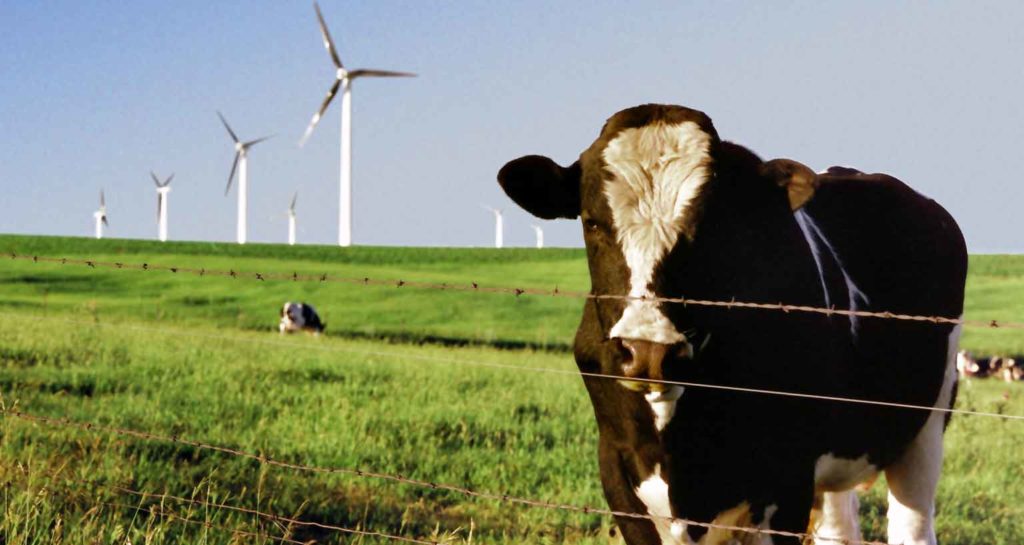
Anyone covering Louisiana’s battle for coastal survival, which includes its risks from climate change, will invariably come up against this criticism: “Hey, don’t you ever report good news?”
I get it. While honest reporting — especially over the last year — had to focus on the stream of new research and evidence proving our challenges are growing ever steeper, it made some readers feel punch-drunk. They wondered: Why bother?
Well, my bad. Because scattered between those many alarming headlines was an increase in positive news from state and local governments as well as market forces. To be clear, while voluntary contributions are critical to any measure of success going forward, ultimate success also cannot be accomplished without timely and forceful government action. Which is why the last four years of retreat driven by President Donald Trump have been so costly and must be quickly reversed.
Marshall then discussed the positive actions he feels can make us optimistic:
First the polls which have moved toward conservation:
In June a Pew Research Center poll found two-thirds of Americans wanted government to do more on this threat, including regulations to reduce carbon emissions from power plants and cars, place a tax on carbon emissions produced by industry, plant trees to increase carbon sinks, and develop engineering solutions like carbon capture. Even a majority of Republicans said the issue was real and serious, and supported many of those measures.
Second was the movement toward reducing our carbon footprint and toward net-zero emissions by city and state governments:
Twenty-four states, including Louisiana, have carbon reduction policies in place or under study, and dozens of cities are moving to reduce emissions from their public transportation and public vehicles fleets.
The free market was next:
The success of electric car pioneer Tesla has driven the world’s largest car manufactures to speed up e-car development. Ford sold out of its planned first run of its new electric Mustang before it even began production began. And its iconic, industry-leading F-150 pickup introduces an electric version this year, with GM following before 2025.
Finance was the last sector to be discussed and there is hope there as well:
The campaign for institutions, including businesses, to divest from fossil fuel development started at liberal college campuses and has reached Wall Street. Trump’s decision to open the Arctic National Wildlife Refuge to drilling prompted five major U.S. banks as well as investment giants Goldman Sachs, Morgan Stanley, JPMorgan Chase, Wells Fargo, and Citi to refuse investing in any companies taking him up on the offer. It is estimated that more than 1,300 institutions including businesses, have now pulled out more than $14 trillion from fossil fuel producing activities.
NOLA.com
President Biden is working for the climate and has made it a centerpiece of his administration so there is hope.
